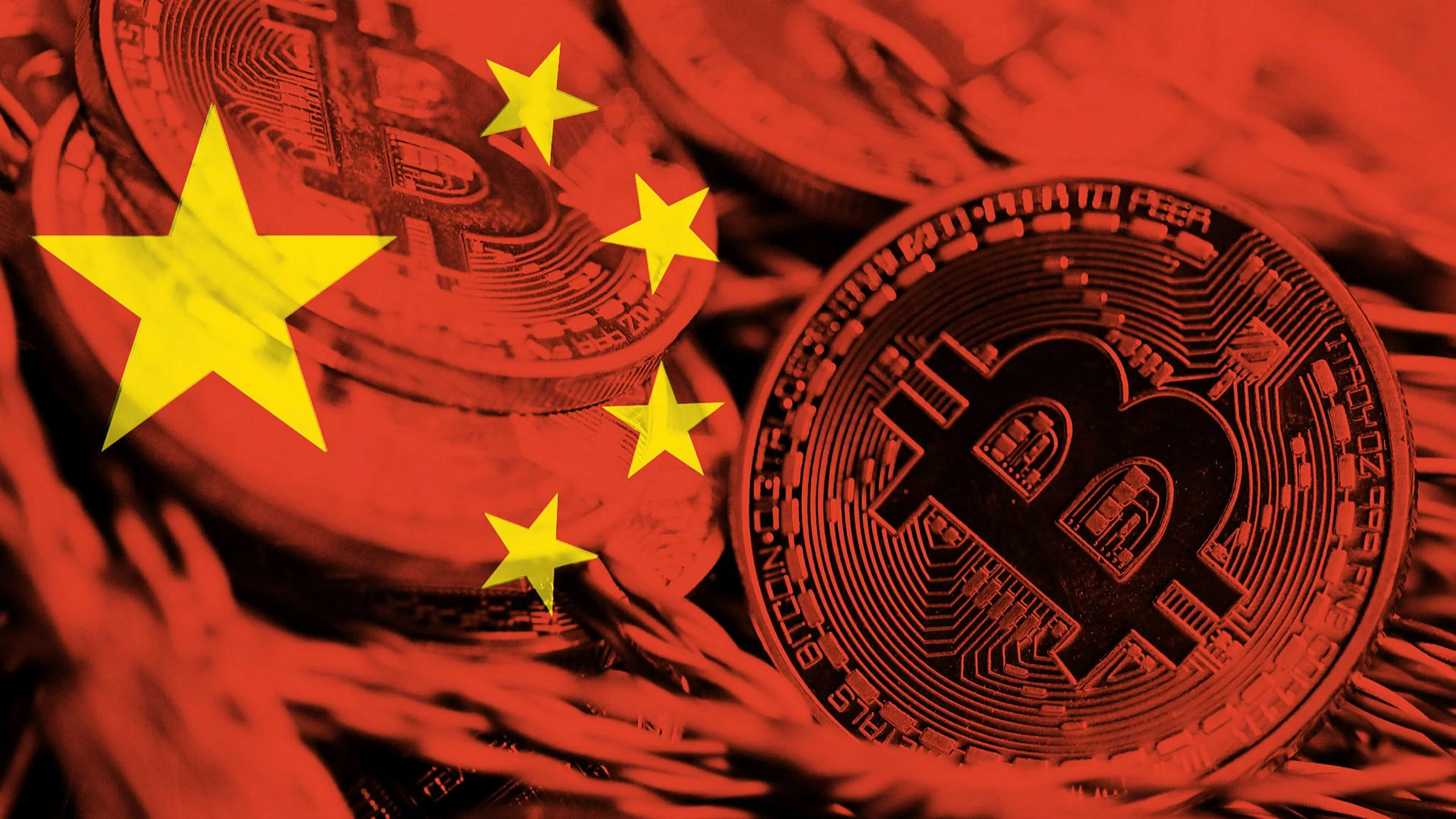|
Getting your Trinity Audio player ready...
|
China has taken a significant step in its ongoing battle against financial crime by explicitly including virtual asset transactions within its anti-money laundering (AML) framework. The new regulations, announced on August 19 by the Supreme People’s Court and the Supreme People’s Procuratorate, mark a major overhaul of the country’s AML laws, which had remained largely unchanged since their inception in 2007.
The move is a clear indication of China’s growing concern over the potential misuse of digital currencies for illicit activities. By defining virtual asset transactions as potential vehicles for money laundering, the government aims to close a crucial loophole that criminals have exploited in the past.
To deter offenders, the revised laws impose hefty penalties, including fines of up to 200,000 Chinese yuan (approximately $28,000) and potential prison sentences of five to ten years for serious cases. Additionally, the regulations provide clearer guidelines for determining what constitutes “serious circumstances” in money laundering cases, such as refusing to cooperate with authorities or laundering amounts exceeding 5 million Chinese yuan ($700,000).
The surge in money laundering prosecutions in recent years, with a twentyfold increase since 2019, underscores the urgency of addressing this issue. China’s determination to crack down on financial crimes is evident in its proactive approach to updating its legal framework.
While the new regulations primarily focus on combating money laundering, they have also sparked speculation about a potential shift in China’s stance on cryptocurrencies. The timing of the announcement, coupled with cryptic comments from industry figures like Justin Sun, has fueled rumors of an impending crypto ban reversal.
Also Read: HKMA Issues New AI Guidelines – 75% Of Hong Kong Banks Now Using GenAI For Customer Interaction
However, experts remain cautious. While the revised AML laws may signal a more nuanced approach to digital assets, China’s overall stance on cryptocurrencies remains restrictive. The country’s ban on crypto exchanges and its ongoing crackdown on crypto-related activities suggest that any potential relaxation of regulations is likely to be gradual and carefully controlled.
Ultimately, the new AML laws represent a significant step forward in China’s fight against financial crime. By explicitly targeting virtual asset transactions, the government is demonstrating its commitment to maintaining a clean and transparent financial system.
Disclaimer: The information in this article is for general purposes only and does not constitute financial advice. The author’s views are personal and may not reflect the views of Chain Affairs. Before making any investment decisions, you should always conduct your own research. Chain Affairs is not responsible for any financial losses.
I’m your translator between the financial Old World and the new frontier of crypto. After a career demystifying economics and markets, I enjoy elucidating crypto – from investment risks to earth-shaking potential. Let’s explore!




